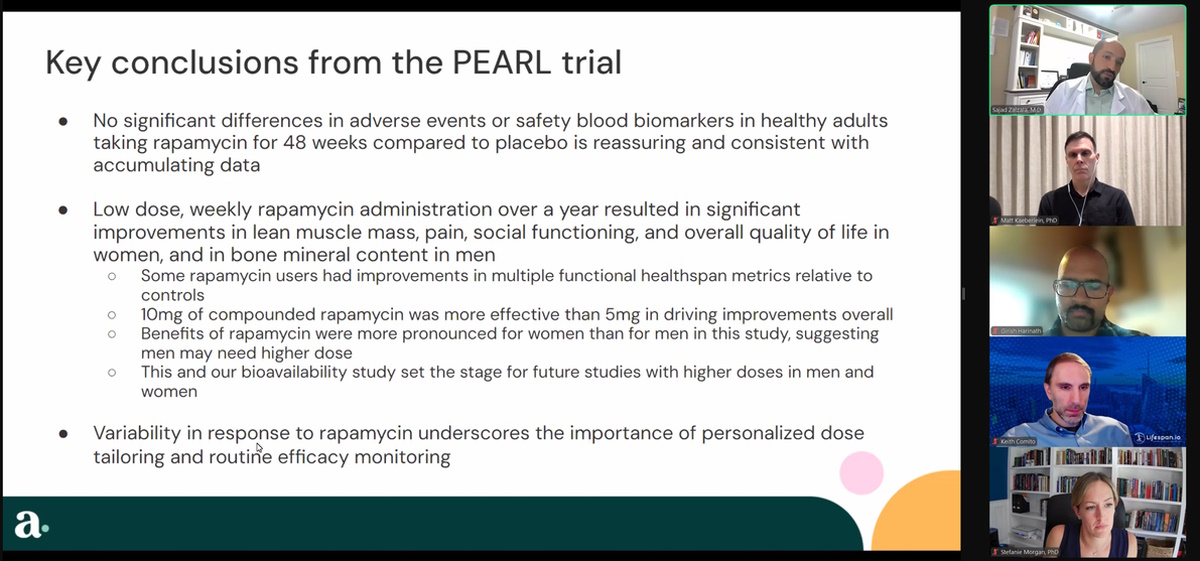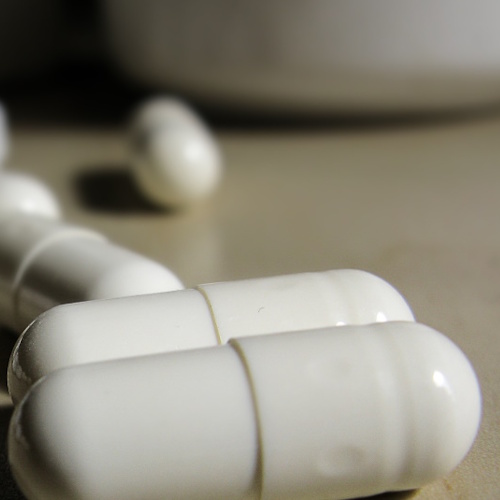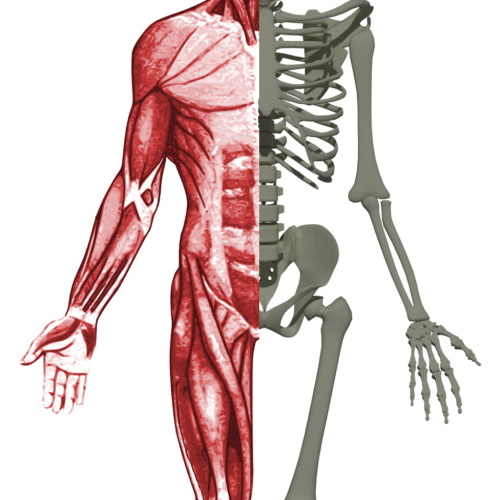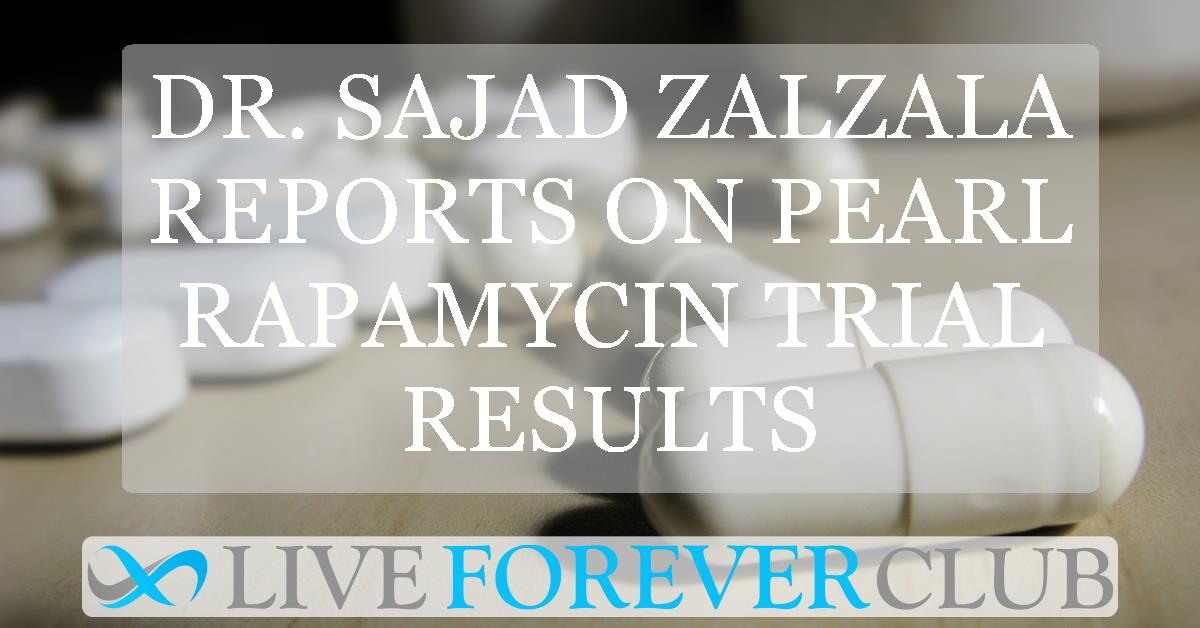I listened in to a recent webinar - PEARL Trial: Insights from the largest trial evaluating rapamycin for aging - for the latest update on this trial.
Panel included:
- Sajad Zalzala ("Dr Z") - AgelessRx
- Matt Kaeberlein
- Girish Harinath - AgelessRx
- Stefanie Morgan - AgelessRx
- Keith Comito - lifespan.io
About the PEARL trial
PEARL = Participatory Evaluation (of) Aging (With) Rapamycin (for) Longevity Study
The trial was crowdfunded with help from lifespan.io.
- double-blind, placebo-controlled trial (RCT)
- duration = 48 weeks
- dosing = 5mg and 10mg per week
- primary endpoints = visceral fat, metabolic blood biomarkers
- secondary endpoints = lean muscle mass (LTM), bone mineral content (BMC), quality of life surveys
The panel thought that the dose could be higher but it was based on the best evidence at the time.
More info here: https://agelessrx.com/pearl/
Results
Lots of slides were presented.

Main points:
- because of size of trial - results generally weren't statistically significant but hinted at trends
- hints that might help prevent COVID
- lean muscle tissue biggest change
- BMC change varied substantially
- saw trends of improvement in LDL, gut dysbiosis and immune readiness (correlation)
- no significant difference in adverse events
- benefits were more pronounced in women
Matt Kaeberlein commented that rapamycin appears safe for off-label use and that the lean mass results look particularly interesting. He is keen for funders to step up and fund bigger trials, to look at efficacy not just safety, and confirmed that he has no financial interest in rapamycin.
Next Steps
- evaluation of blood rapamycin levels at more time points
- evaluate effects on healthspan (long-term)
- determine therapeutic dose for healthy aging outcomes
- evaluate if rapamycin helps maintain weight loss following weaning off semaglutide
Q&A
The panel generously allowed questions to overrun by half an hour. Here are a few key points that were raised and answered.
Age hasn't been noticed as a factor in the results, but the cohorts were very small.
A few participants took biological age tests but not enough to analyse. Dr Z has spoken to Steve Horvath about unpublished research and he doesn't think that rapamycin will impact epigenetic clocks.
Finally, I asked the question of what is the best case scenario for taking rapamycin? General consensus was that it could provide 10, 20 possibly even 30 years of additional healthspan - depending on how healthy your lifestyle already is. Improvements may grow with longer use but will always hit a wall and isn't going to increase maximum lifespan.
Report by Adrian Cull.








